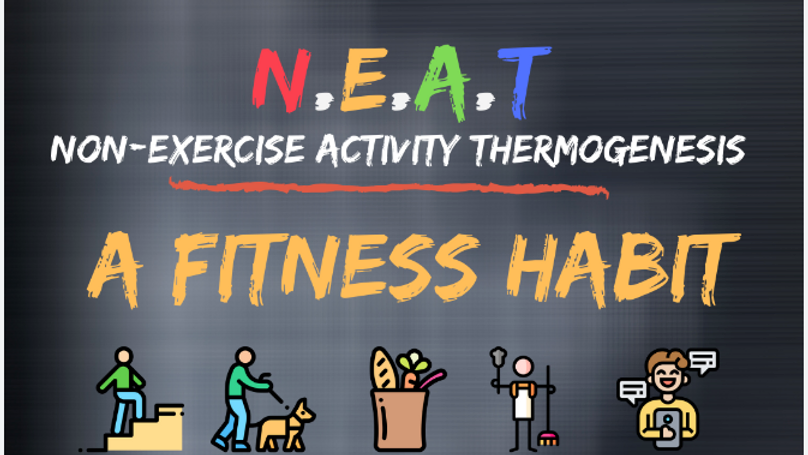Exercising in warmer spring and summer months is different from exercising in cooler months, for a number of reasons. At The Bariatric Center of Kansas City, we realize that losing weight or maintaining a healthy weight is a challenge for many people, and exercising is a critical element of achieving and maintaining a healthy, strong body. Spring has arrived, and the weather will continue to get warmer. Here are a few exercise tips that will help you continue to work out in a safe way as temperatures continue to rise.
Understand how hotter temperatures affect your body. Warmer temperatures mean extra stress for your body, so it’s important to take precautions. Air temperatures on their own increase your core body temperature, and exercise adds to this temperature. High humidity is also a factor, and adds to the stress. It’s important that you are familiar with and can identify when you experience a heat-related illness including heat stroke, heat exhaustion, exercise related collapse, and heat cramps. You can find out more about these illnesses at the Mayo Clinic website.
Give your body a week or two to adjust to warmer temperatures. When summer arrives and temperatures soar, do fewer intervals and work your way up over a period of 10 to 14 days. In other words, take it easy until your adjust to the heat.
Hydrate, hydrate, hydrate. It’s easy to become dehydrated before you know it when you exercise in warmer weather. Two to three hours before you head out to the gym, for a jog, bike ride, or even to swim, drink about 20 oz. of water. When temperatures are sweltering, you’ll need to drink 7 to 10 oz. every 15 minutes or so during your workout.
Don’t exercise during the hottest time of the day. If you enjoy taking a run or bicycling, do it early in the morning, or in the evening as the sun is going down. Avoid exercising in the heat of midday.
Wear clothing that is lightweight, and light colored. Darker colors absorb the heat, making you feel even warmer. Stick to light colors, and choose breathable fabrics such as cotton or polyesters, ultra-thin wool, or micro-fibers designed for exercise; some of these fabrics “wick” away sweat, which helps cool your body.
If you’re running a marathon, increase salt intake. The only time you should do this is if you plan to be exercising in the heat for an extended length of time. Consume a little more salt than usual in the days leading up to the event. This helps keep your electrolytes in line during vigorous, prolonged exercise.
You can exercise during warmer weather and stay healthy, as long as you’re smart about it. Keep the tips above in mind, and stay (or get) fit this summer!








